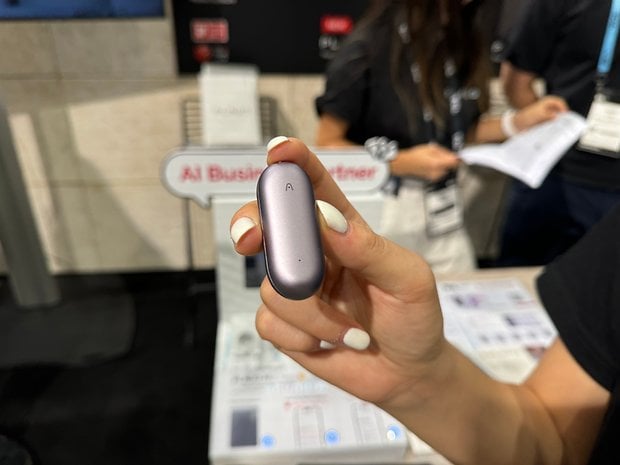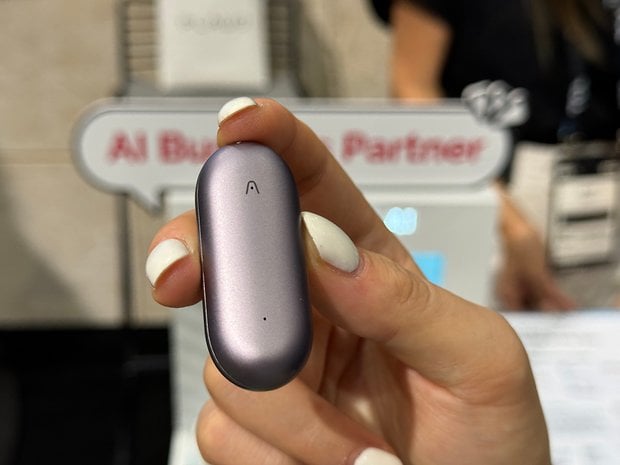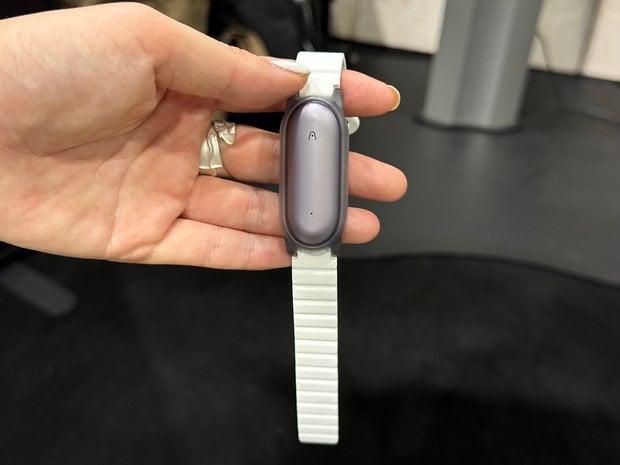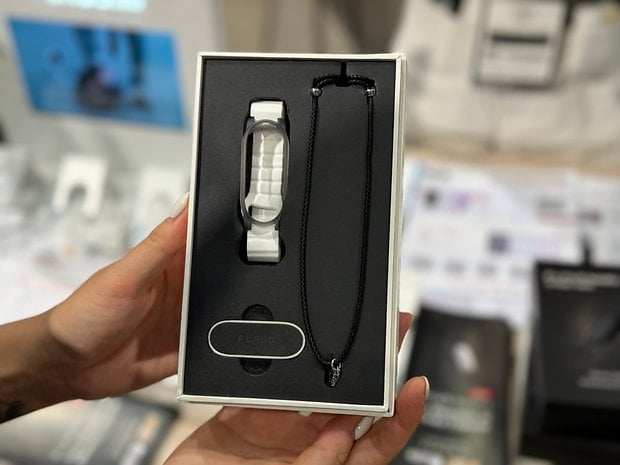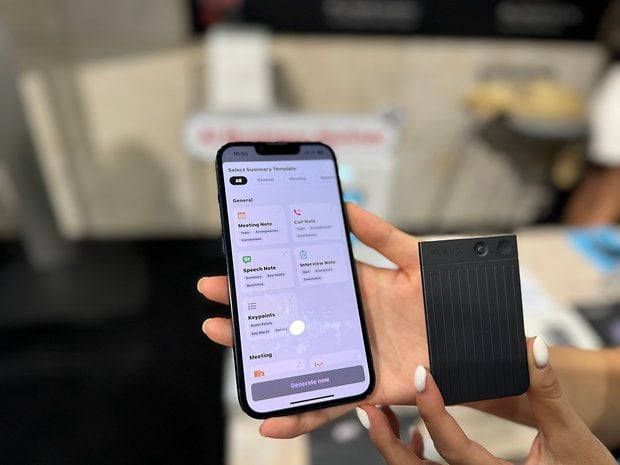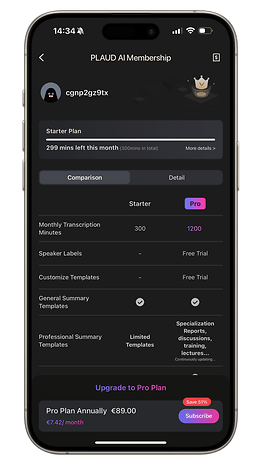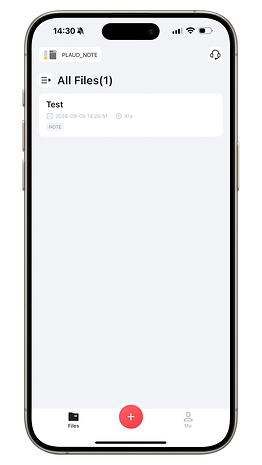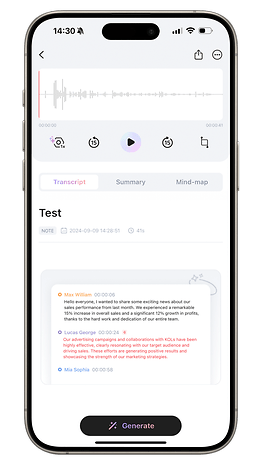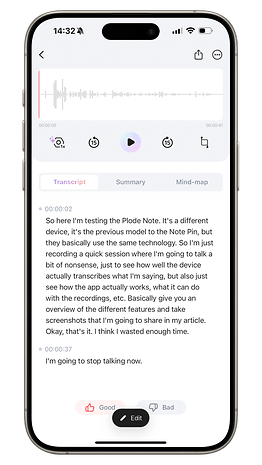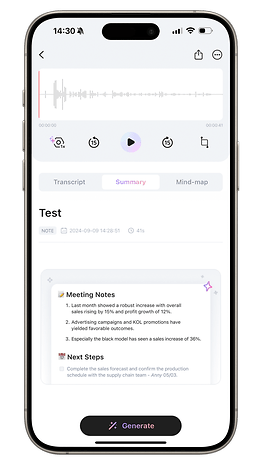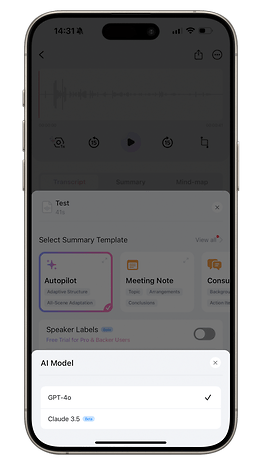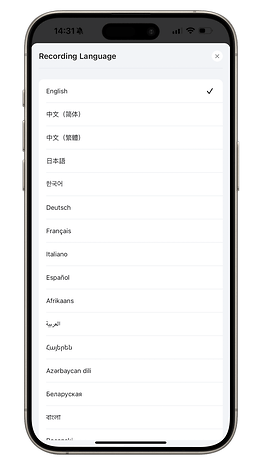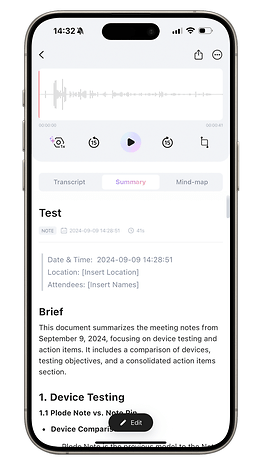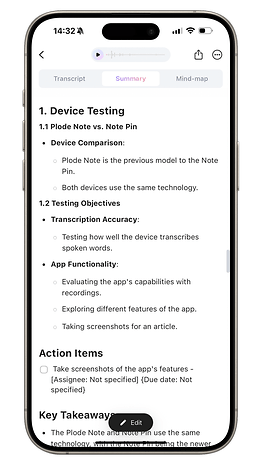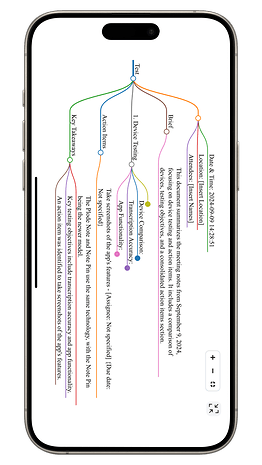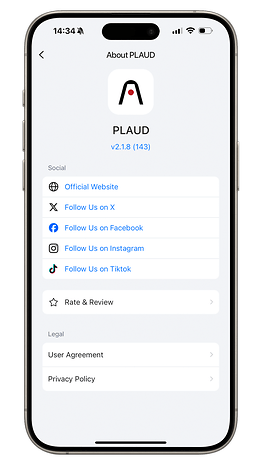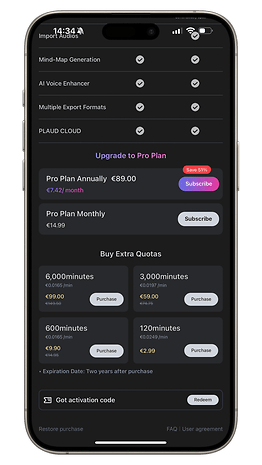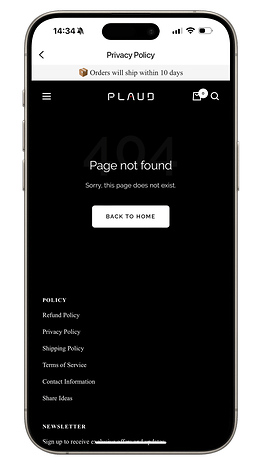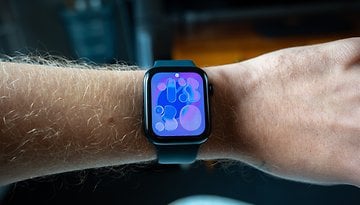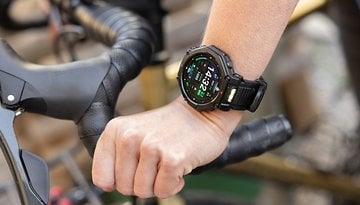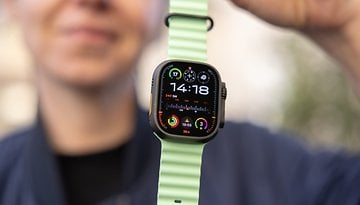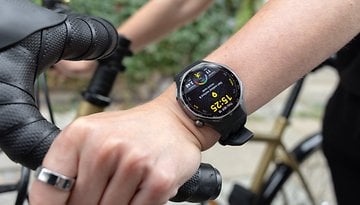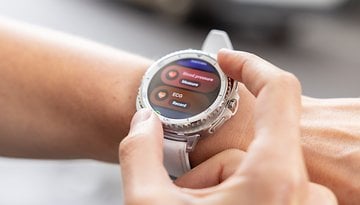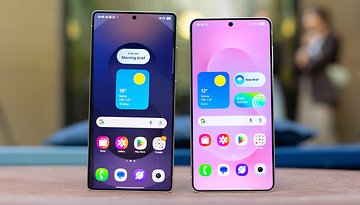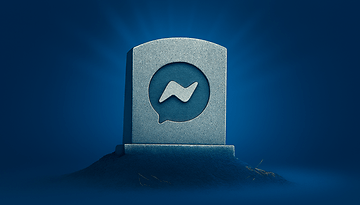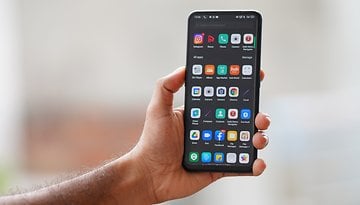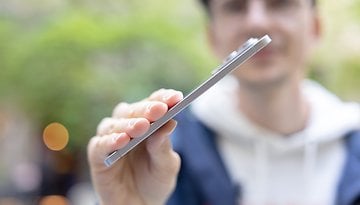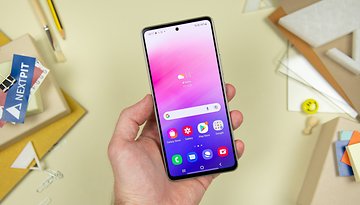PLAUD NotePin Hands-On: Succeeding Where Other AI Wearables have Failed
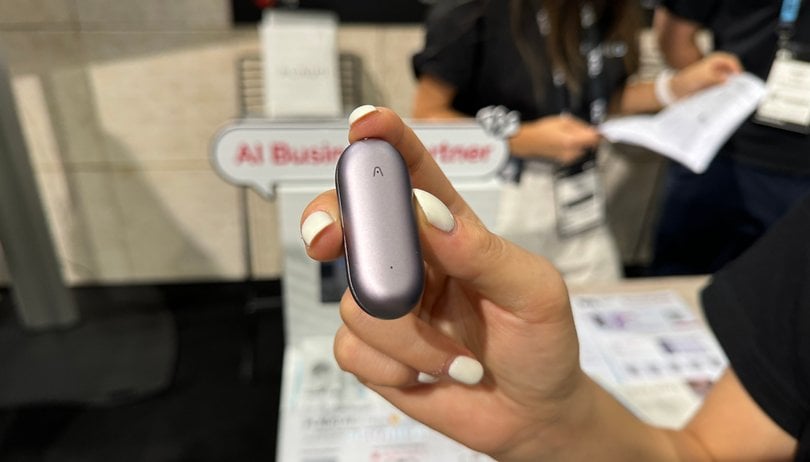

At IFA 2024 in Berlin, the keyword "AI" was on everyone's lips. Among the host of AI devices set to revolutionize our lives, I came across the PLAUD NotePin. This little wearable not only transcribes all your voice notes and other meetings, but also summarizes and formats them with LLMs like chatGPT-4o.
PLAUD made quite a splash last year with its PLAUD Note. The principle remains the same with the NotePin as I tried it out at IFA 2024. It took on the form factor of a bank card that could be attached to the back of your smartphone like a MagSafe cardholder.
What's new about PLAUD NotePin is its design. It looks like a small capsule, similar to a wireless headphone case. The idea is to be able to wear it at all times to record voice notes on the fly, without having to remove your smartphone from your pocket.
To achieve this, the manufacturer offers a series of accessories: a bracelet, a necklace, and a clip. The PLAUD NotePin can be worn around the neck or wrist, or clipped to a collar.
Transcribe, format, and edit your voice notes with chatGPT-4o
Where's the AI in all this? PLAUD NotePin works with an app (Android and iOS). All you need to do is tap on the capsule's touch surface to begin recording.
Once recording begins, the gadget can transcribe everything you and others said aloud with OpenAI's Whisper model. It can also summarize, format, and edit these recordings according to different "templates" with chatGPT-4o or Claude 3.5.
Transcription is not instantaneous, as with Live Transcribe on a Google Pixel 9 (review), for instance. You have to wait for several seconds for it to happen. NotePin supports 59 languages and can even distinguish between several speakers in a discussion, letting you identify clearly who said what in your recording.
In this application, you can choose from over twenty "templates". You can also opt for the "autopilot" template, which automatically adapts the structure of the summary to the nature and content of the exchange. You can even generate a "mind map" from the elements mentioned during your recording.
The application is free and can be used without a subscription. However, there is a monthly limit of 300 minutes of recording time. Even with the paid subscription of $6.60 per month, the monthly limit is only 1,200 minutes.
The manufacturer is mainly targeting professionals to use it. Hence, I found it odd to impose such a low time limit. 1,200 minutes is 20 hours. If you have the misfortune, like me, to work in an environment that holds on to meetings like the Holy Grail and other workshops, conference calls, and impromptu meet-ups that could have been resolved over e-mails, you're probably clocking up over 20 hours worth of meetings a month.
The manufacturer allows you to purchase recording time extensions if required. This amounts to $89 for another 6,000 minutes.
Wouldn't a simple application have sufficed?
Do you remember connected translators? These were all the rage between 2015 and 2020. Even back then, we wondered what was the point of having a device dedicated to such a task, which can easily be done with a smartphone.
With the NotePin, I'm asking myself the same question. Doesn't the PLAUD application stand on its own? Isn't the NotePin simply a roundabout way of charging you for the use of the application, which itself is not free?
Personally, I can accept the practical design argument. Yes, it's easier to wear the NotePin and tap it to record than to take out your smartphone.
Ditto for the app, I can conceive that being able to choose from a ton of different formats to quickly lay out my meeting minutes is handy. It is, for now, a little more advanced than what some native AI functions on smartphones offer.
However, forking out $169 for the device and a further $6.60 a month to do all this makes it a bitter pill to swallow as a user.
Are your registrations secure?
In the application, the page that leads to the privacy policy doesn't work. According to a PLAUD manager, as quoted by Gizmodo:
"For NotePin, AI processing is mainly done in the cloud. Transcription is performed using OpenAI Whisper, while summarization and other advanced tasks are handled by cloud computing with LLMs such as GPT-4o or Claude 3.5 Sonnet. The results are then displayed on the PLAUD application or on the web. We use PLAUD Privacy Cloud (PPC) to ensure that data is processed securely, giving priority to the user's privacy."
PLAUD is primarily intended for professional use. The idea is to record meetings at work, brainstorming sessions, and similar situations. I think a device that can record potentially sensitive data should have a much clearer and, above all, much more accessible privacy policy.
Considering the company's structure itself can pose problems for the way data is handled and passed through the cloud. PLAUD is a San Francisco-based start-up. Its parent company, Nicebuild LLC, is based in Wyoming. This parent company also includes another company, iZyrec. iZyrec is based in China and sells products very similar to PLAUD's.
Once again, I'd like to know where my data will be stored. Are they residing on servers in Europe, the USA, or China? That's my primary suspicion with such products. Manufacturers cannot expect their users to be experts in data and international privacy laws. It's up to them to explain in a clear and accessible manner how our data is handled.
What do you think of the PLAUD NotePin? Do you find such a product relevant?
